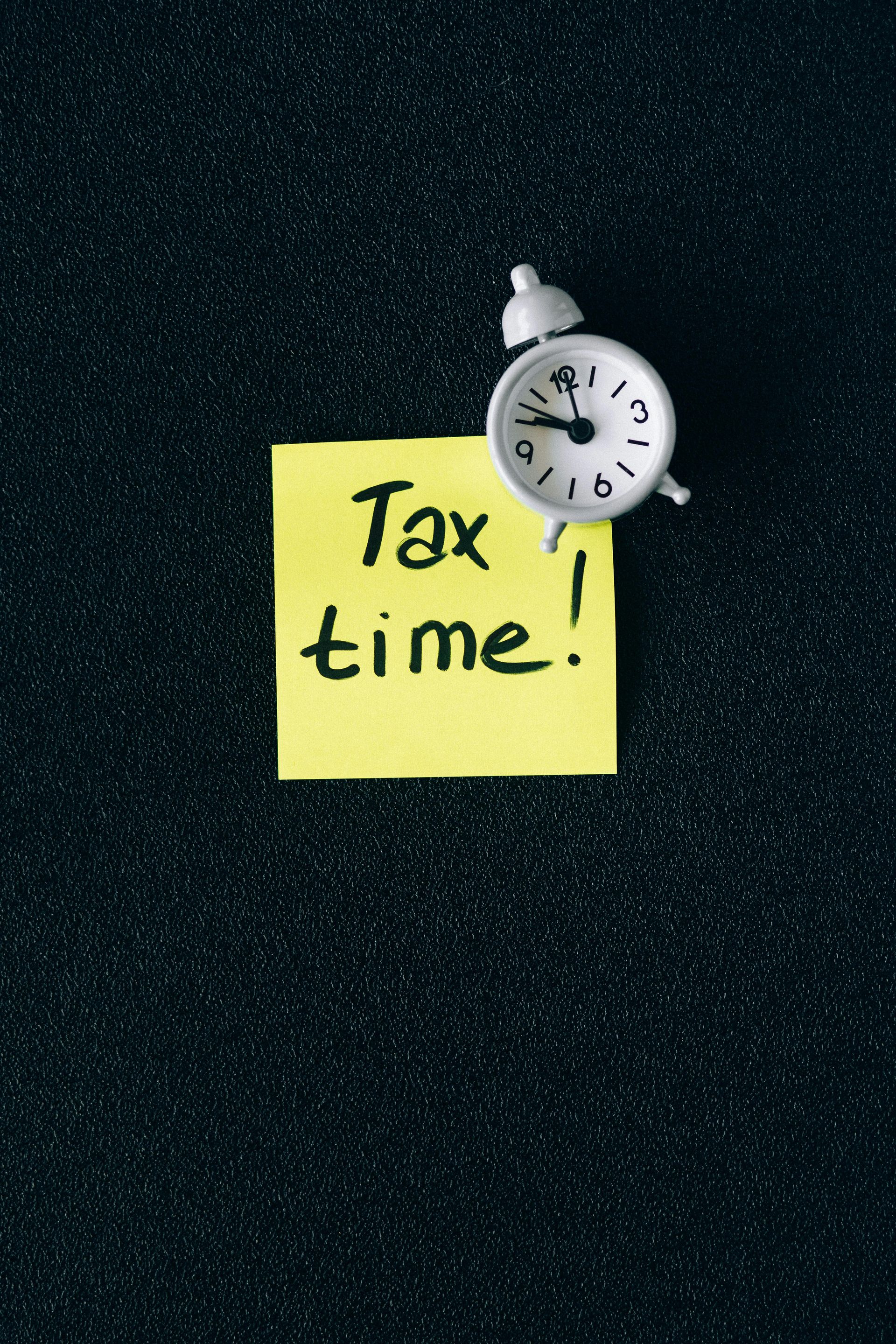If you have special car travel needs for work – like driving between two jobs or different worksites, or carrying bulky equipment – you may be able to claim deductions for some of your car expenses. Are you claiming everything you're entitled to? Find out what expenses you can deduct and how to correctly calculate your claim.
Car expense claims are one of the most popular deductions claimed by individuals at tax time each year, but the ATO says not everyone gets it right. Make sure you know the basic rules for when and how you can make a claim.
These rules apply to a car you own or lease that is designed to carry a load of less than one tonne and fewer than nine passengers. Motorcycles, bigger cars and cars hired intermittently (eg a car hired for a week) have different rules.
What car travel can I claim for?
Generally, you can't deduct costs of travelling between home and your regular workplace. However, you can claim for car travel between two different workplaces or between your home and an alternative workplace that is not your usual workplace (eg a client's premises).
You're also entitled to claim for travel if you need to drive your own car as part of your job. This might include:
- delivering or collecting items for your employer (but not minor work tasks such as visiting the post office as part of your trip home);
- attending work-related events like meetings or conferences; or
- transporting bulky tools or equipment to work (eg an extension ladder) that your employer requires you to use on the job, provided there is no secure place to leave them at your workplace.
Calculating your claim
There are two methods for calculating your claim.
You're free to choose the method that best suits you, and you can choose different methods for different income years.
The simplest is the "cents per kilometre" method, which allows you to claim at a rate of 68 cents per kilometre travelled for work purposes (for 2018–2019). This rate is set by the ATO and is considered to reflect average operating costs, including depreciation. There are some key points to know about this method:
- You can only claim a maximum of 5,000 kilometres each year, which equates to a maximum deduction of $3,400 (and averages to around 104 kilometres a week for someone working 48 weeks a year).
- You don't need to keep any expense receipts.
- However, you need to be able to demonstrate how you made a reasonable estimate of your work-related kilometres (for example, using a diary showing work trips you made). The ATO stresses that this is not a "standard" deduction and taxpayers must be able to prove their entitlement.
The alternative method is the "logbook method", which allows you to claim a percentage of your actual car expenses based on work use. This method requires more record-keeping, but may be worthwhile if it gives you a bigger deduction. You should note:
- Your work-related percentage is your work-related kilometres as a proportion of total kilometres travelled. To calculate these figures, you must keep a logbook and odometer readings that must record certain information. Fortunately, once you've maintained a logbook for the required 12-week period, it's valid for five years (unless your work-related proportion significantly changes and this requires a new logbook to be started).
- You also need to keep receipts to show your actual expenses, although petrol and oil costs can be based on either actual costs or a reasonable estimate based on odometer readings.
- Expenses you can claim include running costs (fuel, servicing), registration, insurance and decline in value, but not capital costs.
Claim with confidence
Car expense deductions require careful record-keeping. In particular, getting your 12-week logbook right is essential to ensuring it remains valid for five years. We're here to help. Our expert team can check whether you're claiming your full entitlements and ensure your records will stack up in the event of an ATO audit.










